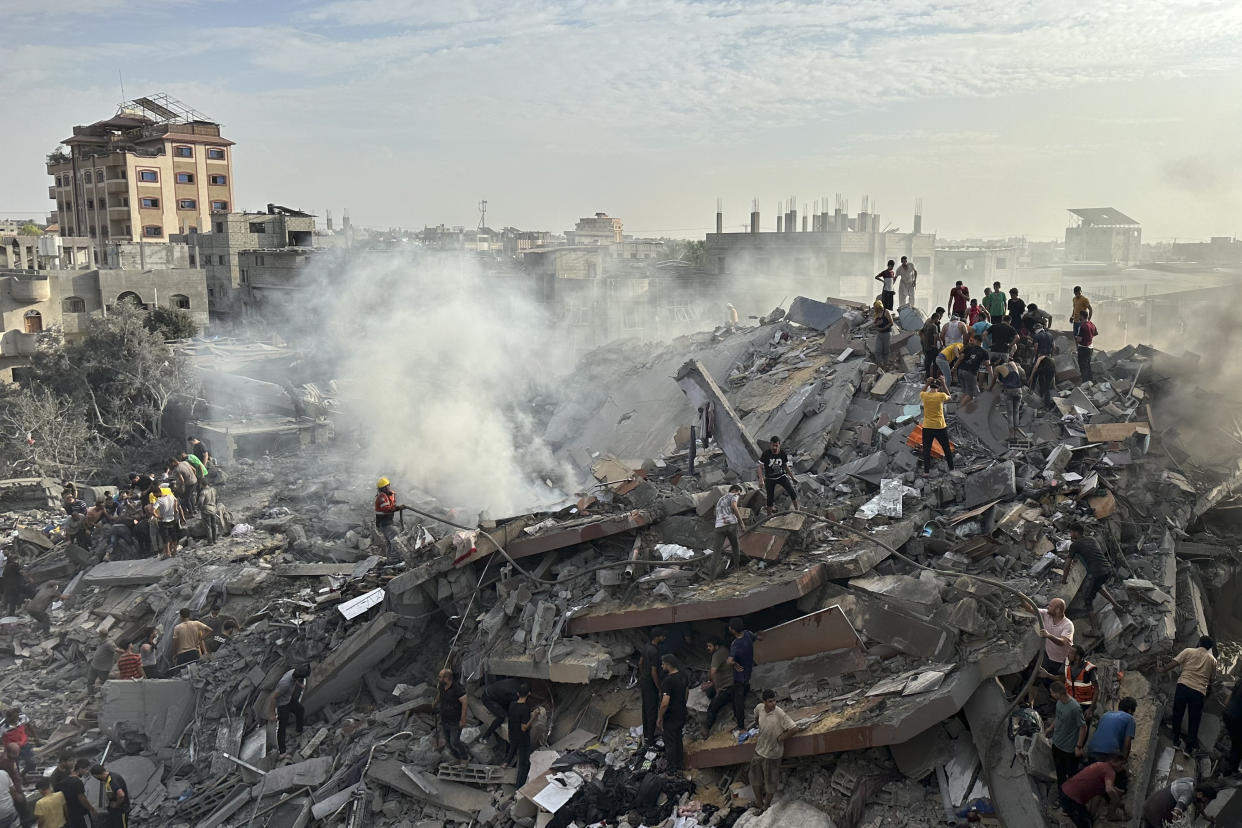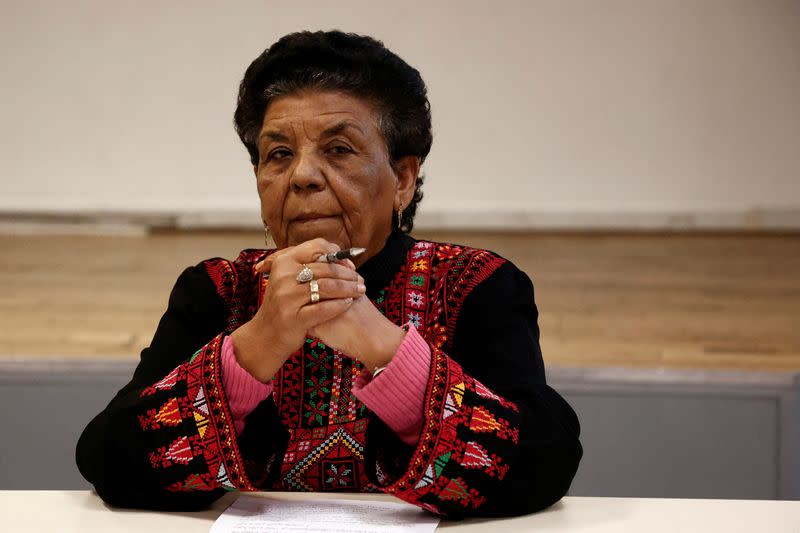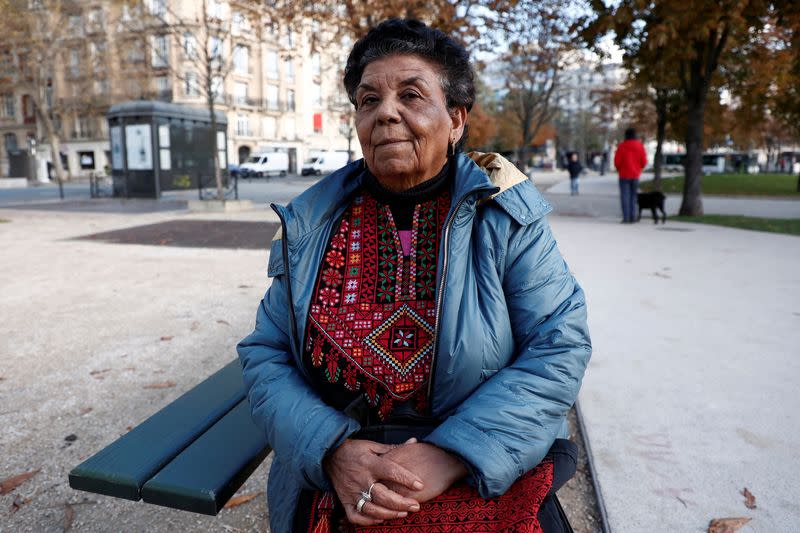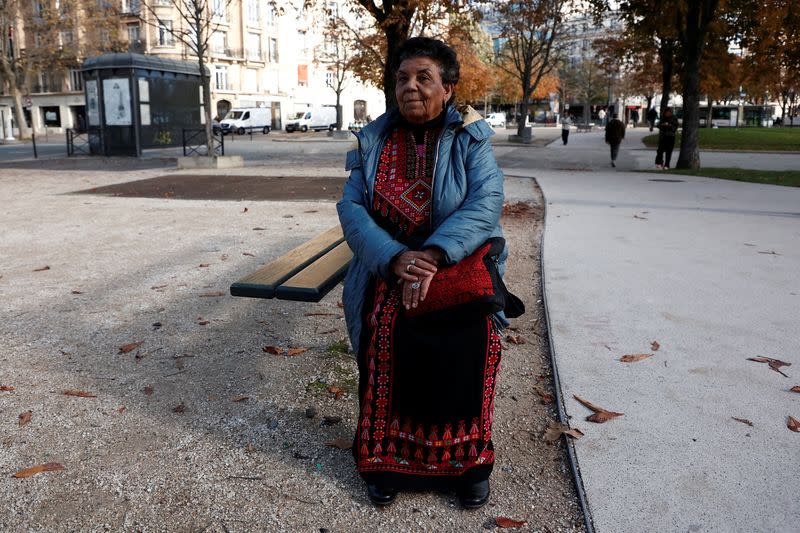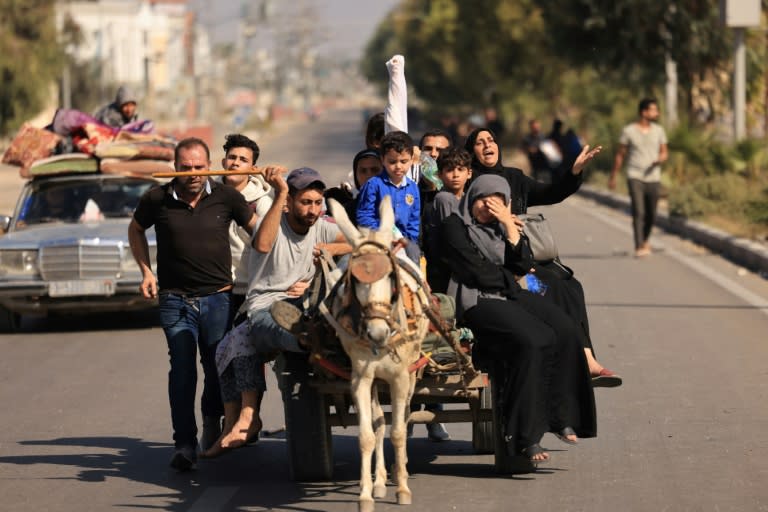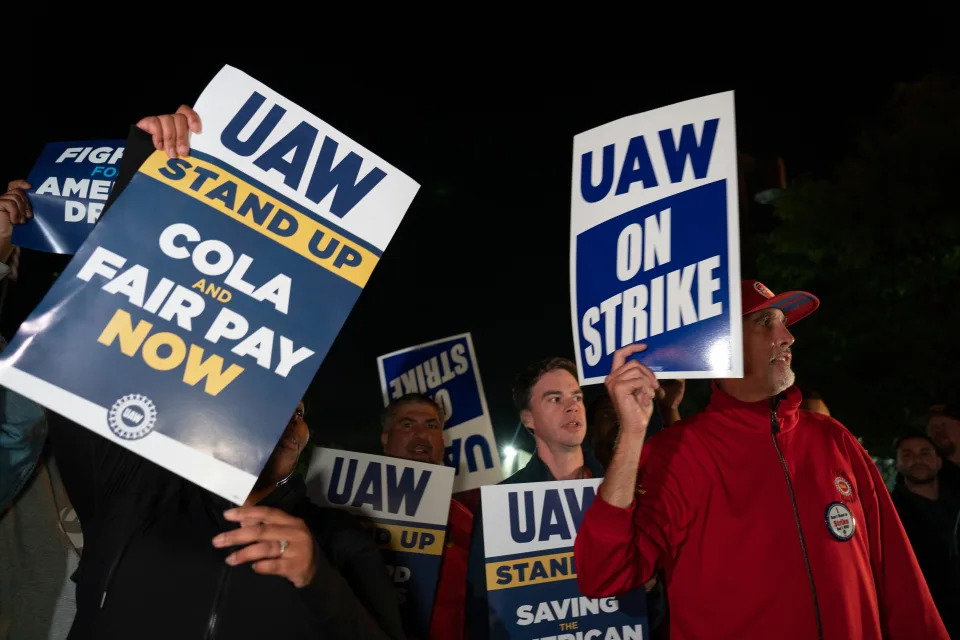DÁNICA COTO
Updated Wed, November 8, 2023

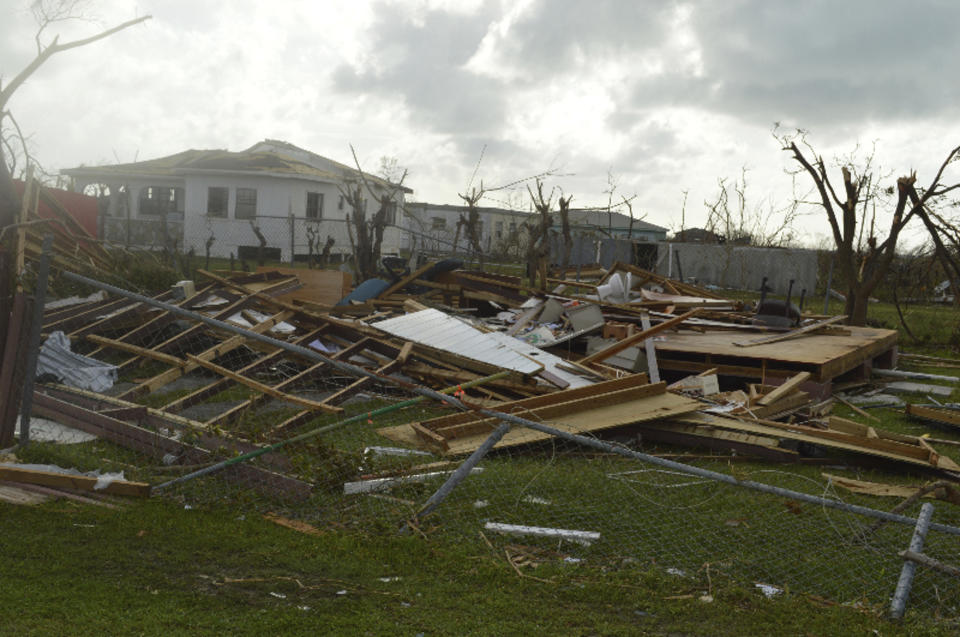
Barbuda Land Rights
In this Thursday, Sept. 7, 2017, photo, damage is left after Hurricane Irma hit Barbuda. When Hurricane Irma slammed into the tiny Caribbean island as a powerful Category 5 storm in 2017, the government temporarily evacuated the entire population of some 1,600. Before many of them had trickled back, U.S. developers were allowed in and permitted to build an airport and luxury resort, a project that has angered islanders and that the U.N. warns is a danger to a wetland and other fragile environments.
SAN JUAN, Puerto Rico (AP) — When Hurricane Irma slammed into the tiny Caribbean island of Barbuda as a Category 5 storm in 2017, the government temporarily evacuated the entire population of some 1,600.
Even before many people returned, U.S. developers were allowed in and given permission to build an airport and luxury resort, a project that has angered islanders while the U.N. warns of danger to wetland and other fragile environments.
Barbudans have waged largely unsuccessful legal fights against the project. But two islanders appeared Wednesday before the London-based Privy Council, hoping to win a ruling that will lead to communities having the right to protect pristine lands coveted by foreign investors amid the climate crisis.
The Privy Council, final court of appeal for the twin-island nation of Antigua and Barbuda, is being asked whether Jacklyn Frank, former member of Barbuda's governing council, and scientist John Mussington have standing to challenge decisions by the government.
“Our environment, our culture, our history and our right to be consulted and participate in the future of our lands have been totally ignored,” said a statement from Frank, who chaired the council from April 2021 to January 2022.
The pair are challenging the construction of an international airport in Barbuda that began in September 2017, the month that Hurricane Irma hit the island as the strongest hurricane ever observed in the open Atlantic.
Critics say the rapid welcoming of international developers into Barbuda is a glaring example of disaster capitalism.
“Events unfolding on the Caribbean island of Barbuda are a microcosm of what is wrong with our world,” David Boyd, a U.N. special investigator on human rights and the environment, wrote on the X platform in October. “A beautiful, idyllic island being transformed into a playground for wealthy elites, with ZERO concern for people who have lived there for 100s of years or the sensitive ecology.”
The ongoing airport construction is part of a deal involving the Antigua and Barbuda government, the Barbuda Council and PLH (Barbuda) Ltd., established by U.S. billionaire John Paul DeJoria, co-founder of the Paul Mitchell hair products company. Also involved is U.S.-based Discovery Land Co., founded by Michael Meldman of Casamigos Tequila.
The companies are seeking to build 495 luxury residences, an 18-hole golf course, a beach club and a natural gas storage facility on more than 600 acres of protected wetland.
But the issue goes beyond opposing the project.
Many Barbudans feel the deal exemplifies how they have been stripped of their right to say how their island should be developed. A centuries-old tradition of communal land ownership that emerged after Britain abolished slavery gave way to amendments in recent years that allow property to be privatized.
Currently, the government is leasing the land to the developers, but residents worry that could change.
Resentment over land changes has led to a tense relationship between highly developed Antigua and rural Barbuda, where some residents accuse the government of a land grab. In a 2017 interview, Prime Minister Gaston Browne was quoted as saying only a small group of “deracinated imbeciles” oppose development.
A spokesman for Browne's office did not respond to a message seeking comment about the dispute. An attorney for PLH (Barbuda) Ltd. and a representative for the development did not return messages for comment.
Roughly 400 acres (162 hectares) that is home to the red-footed tortoise and Barbuda fallow deer already have been cleared to build the airport.
Construction began without an environmental impact assessment or a license from the Barbuda Council to clear the forest, said Gearóid Ó Cuinn, director of U.K.-based nonprofit Global Legal Action Network, which is helping attorneys representing the two Barbudans.
In addition, there were no public meetings advising of the construction, and an application for a development permit wasn’t submitted until November 2017, after construction had started, said Jasmine Rayée, a lawyer with Global Legal Action Network.
As construction of the airport began, Antigua and Barbuda’s Department of Environment raised concerns about the violations and warned about the loss of archaeological sites, hydrogeological problems and construction on designated farmland.
The first two environmental impact assessments have not been made public. The third, conducted in August 2019, was reviewed by independent experts that found it “does not adhere to international standards” for such assessments, Rayée said.
The U.N. human rights office also raised concerns.
“Questions remain as to whether Barbuda’s population was meaningfully consulted, whether they gave their free, prior and informed consent at all stages of the project, and in specific, and whether recent additions to the project such as a golf course and the yacht marina were discussed,” it said in a February 2022 statement.
U.N. legal experts and others have warned that the development of an airport and the Barbuda Ocean Club could affect the rights to food, housing, water and sanitation of local residents.
Independent U.N. human rights experts also noted that as Barbuda struggled to recover from Irma, “proposals for large-scale projects began to flourish.” They warned that some developments violated government recommendations, exposed parts of low-lying Barbuda to natural disasters and led to saline intrusion due to floods at a time when global warming is generating stronger and wetter hurricanes.
PLH (Barbuda) Ltd., which is not involved in the case before the Privy Council, has contended that Barbuda already was facing “severe environmental degradation” prior to Irma as a result of government-sponsored sand mining, according to a response it sent to U.N. legal experts.
The company also said it had been “completely transparent” with the community about the project and held dozens of meetings with residents to update them, in addition to making such improvements as rehabilitating sand dunes and wetlands and increasing access to freshwater.
Global Legal Action Network contends the meetings the company held several months after Hurricane Irma cannot be considered valid because few people had returned to Barbuda following the government-mandated evacuation.
Wednesday’s hearing began with a lively debate over whether Mussington and Frank were qualified to have standing, with some justices noting that people with a specific type of expertise would be hard to find on such a small island.
King’s Counsel Marc Willers argued that both Barbudans should be entitled to present a challenge, saying they have genuine concerns: “The appellants are not busybodies. They are not meddlers."
David Dorsett, the attorney for the government, said that if everyone were allowed to challenge, “the floodgates would open.”
The hearing also focused on how no public consultations were held for the development. Dorsett asserted that wasn’t illegal: “It may have been unwise, but not unlawful.”
One of the five judges, George Andrew Midsomer Leggatt, countered: “It seems that nobody has the right to challenge the government on unlawful activity.”
A ruling by the Privy Council is expected in eight to 12 weeks.



